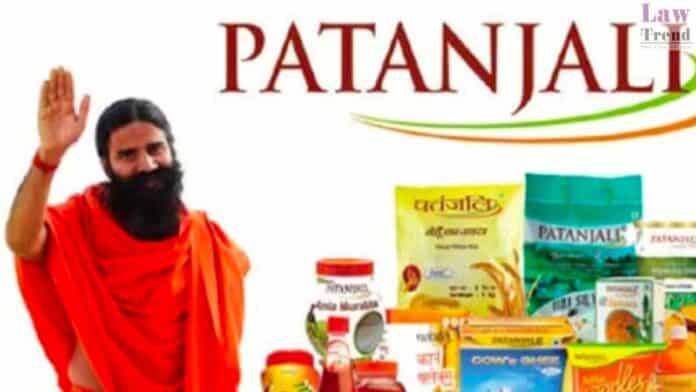The Allahabad High Court has dismissed Patanjali Ayurved Limited’s petition challenging a ₹273.50 crore penalty imposed under the Goods and Services Tax (GST) regime, ruling that such penalties can be pursued through civil proceedings and do not require a criminal trial.
The division bench of Justice Shekhar B. Saraf and Justice Vipin Chandra Dixit held that proceedings under Section 122 of the Central Goods and Services Tax (CGST) Act, 2017 are civil in nature and do not attract criminal liability that would necessitate a full-fledged criminal prosecution.
“After detailed analysis, it is clear that the proceeding under Section 122 of the CGST Act is to be adjudicated by the adjudicating officer and is not required to undergo prosecution,” the court observed in its judgment dated May 29, 2025.
Background and Investigation
Patanjali Ayurved, which runs manufacturing units in Haridwar (Uttarakhand), Sonipat (Haryana), and Ahmednagar (Maharashtra), came under scrutiny following intelligence alerts about suspicious transactions involving firms with substantial Input Tax Credit (ITC) claims but lacking valid income tax records.
An investigation by the Directorate General of GST Intelligence (DGGI), Ghaziabad revealed alleged circular trading practices, where invoices were reportedly rotated without actual movement of goods. Patanjali was described as the “main person indulged in circular trading of tax invoices only on paper without actual supply of goods.”
Subsequently, a show cause notice dated April 19, 2024, was issued by the DGGI, proposing a penalty of ₹273.51 crore under Section 122(1), clauses (ii) and (vii) of the CGST Act.
Tax Demand Dropped, Penalty Retained
On January 10, 2025, the tax demands initially raised under Section 74 of the Act were dropped by the DGGI through an adjudication order. It was noted that for all commodities involved, the quantities sold by Patanjali were greater than those purchased, suggesting that the ITC availed was passed on and not retained.
However, the penalty proceedings under Section 122 continued, leading Patanjali to move the high court with the contention that such penalty proceedings amounted to criminal liability and should only proceed after a proper criminal trial.
Rejecting Patanjali’s contention, the high court emphasized that penalty under Section 122 does not involve a criminal conviction but rather civil adjudication by the designated authorities.
The court concluded that the GST regime permits imposition of civil penalties independently of criminal prosecution, and upheld the ongoing proceedings against Patanjali.








